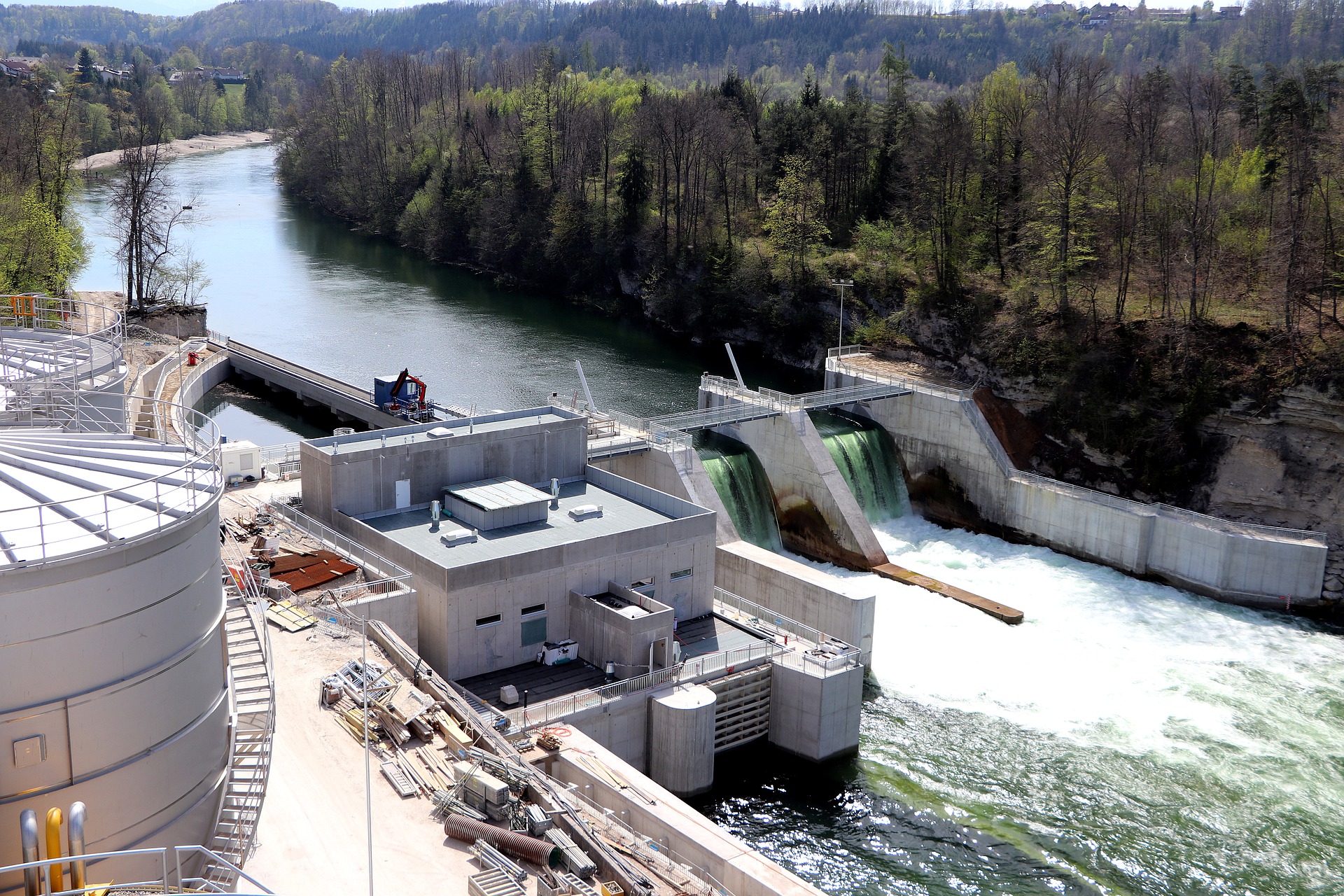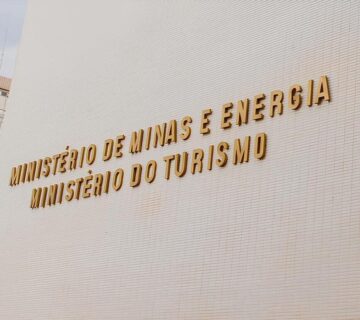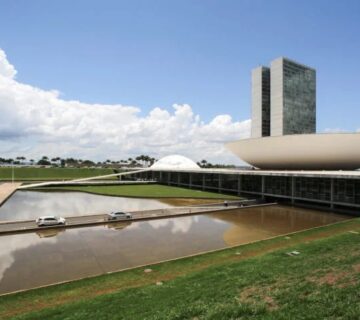Higher prices expected at Brazil’s next power generation tender
Energy prices in Brazil’s next power generation tender will be higher than in the last auctions, reflecting hikes in raw material and equipment prices, Paulo Arbex, the president of local small hydroelectric plants association Abrapch, told BNamericas.
Increased interest rates to deal with inflation will also have an impact, he said.
Scheduled to be held by watchdog Aneel on May 27, 1,894 greenfield projects are registered for the A-4 auction, totaling 75.3GW, according to federal energy research company EPE.
Although less affected than solar and wind projects, rising steel prices have increased prices for turbines used in hydroelectric plants, for example.
“The prices of last year’s auctions are already history. I’m sure that in the A-4 the prices of all sources will go up a lot,” Arbex said.
The last A-4 tender was carried out in July 2021, registering an average price of 175 reais (US$36.50)/MWh. Three hydroelectric projects were hired for about 200 reais/MWh.
Arbex said at least 60% of the 1GW of hydroelectric undertakings registered in the tender will be hired.
“We’ll continue talking to the government so that the congressional decision that 2,000MW of small hydroelectric plants must be contracted by 2026 is fulfilled,” he said.
A clause in Eletrobras’ privatization bill requires contracting of such projects.
HYDROLOGY
Hydro power currently accounts for about 60% of Brazil’s electric energy matrix, with around 100GW of installed capacity, according to Aneel.
In 2021, 62.8% of the energy consumed in Brazil was based on the source, one of the worst performances of the energy source due to a severe drought.
In the first quarter of 2022, hydroelectric plants met 76.2% of national power demand.
“We’re beginning the dry season with the reservoirs in a better situation than last year. I believe that there will be more hydroelectric energy delivered in 2022,” Arbex said.
According to national grid operator ONS, the southeast/central-west dams, which concentrate most of Brazil’s energy storage capacity, are at 64% capacity. The south is at 47%, the northeast at 96%, and the north at 99%.
Fonte: Bnamericas
06.04.2022





No comment